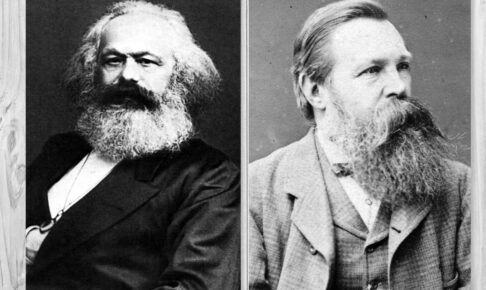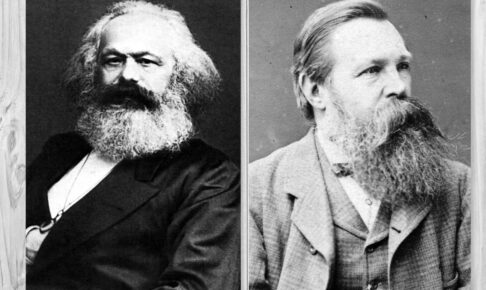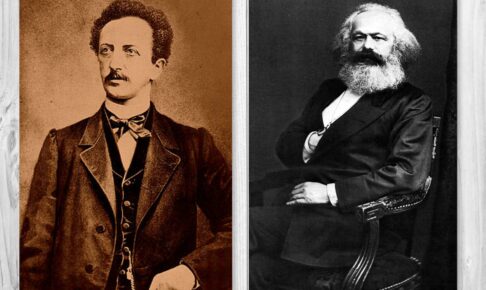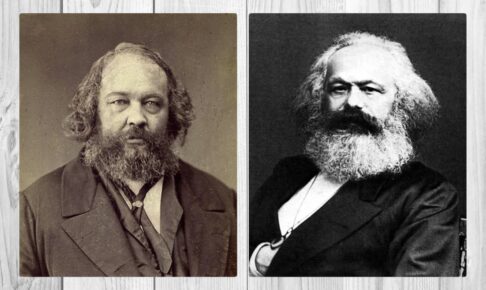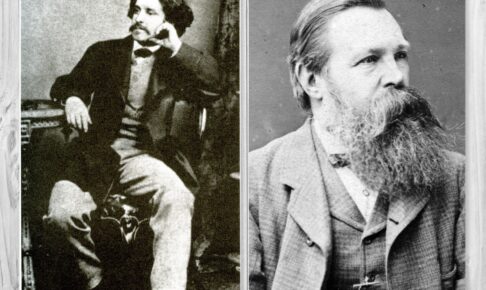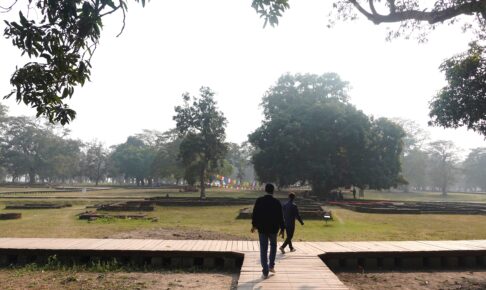(65) "From Imagination to Science" born out of Engels' "Anti-Duhring Theory" - This is where the term "imaginary socialist" comes from.
I cannot emphasize enough how significant it is to have disseminated the difficult "Capitalism," which no one reads or even can read, to the general public in an easy-to-understand manner.
The difficult and large "Capitalism" and the easy and compact "From Imagination to Science.
One might say that it was this combination that led to the explosion of Marxism.












